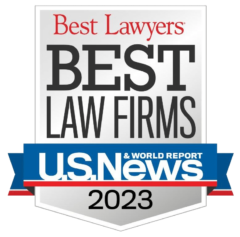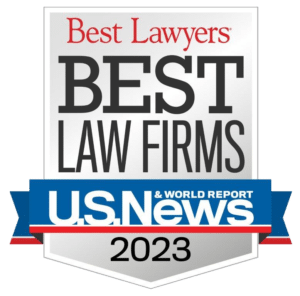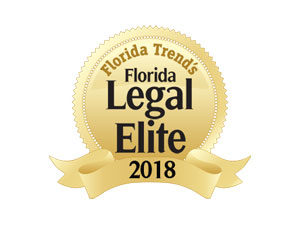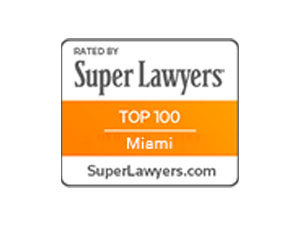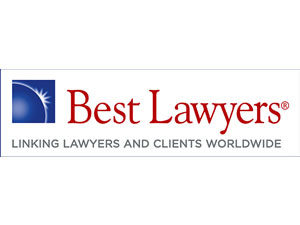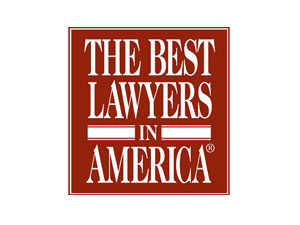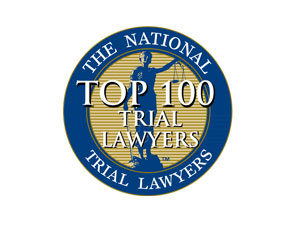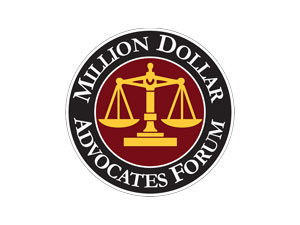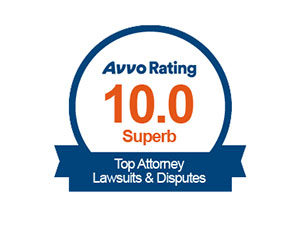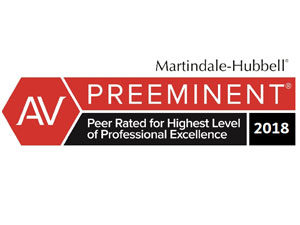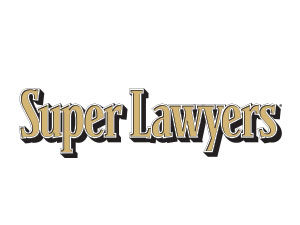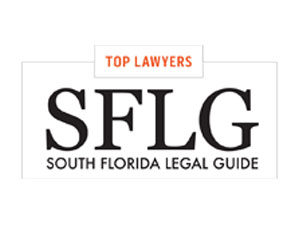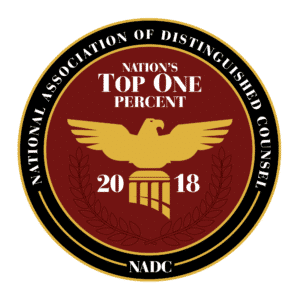$5.5M
$5.1M
$4.2M
$2.9M
$2.8M
$2.5M
$2.4M
$2.2M
Many premises liability cases involve slip and fall incidents -- sometimes called trip and fall -- accidents. Lawyers routinely use the term “slip and fall” generically to refer to both types of incidents whether the fall was caused by a foreign substance on the floor or ground, or because of some other dangerous or defective condition existing on someone else’s property. In each instance, for the fall to be actionable, it must have been the result of negligence on the part of the landowner or business operator - needlessly subjecting guests or patrons to a fall risk.
Common Types of Slip and Fall Accidents
Slip and fall incidents can be caused by a variety of hazardous conditions including foreign slippery substances on the floor or the presence of tripping hazards. Insufficient lighting in stairwells, parking lots, parking garages, or along walkways is often a contributing factor. The lack of stair railings, the presence of cracked walkways, loose or uneven floorboards, torn carpeting, gaps in flooring, painted concrete, wet or slick floors, potholes, spillage of slippery foreign substances, building code violations and the failure to warn of a known danger are also common culprits. Each of these hazards could be the result of poor maintenance or, if not, their presence may require a warning in order to make them safe.
These fall incidents can occur at any number of commercial establishments including restaurants, bars, hotels, grocery stores, shopping centers, retail stores, flea markets, banks, office buildings, parking garages, amusement parks, construction sites, apartment and condominium buildings, hospitals or other commercial properties. They can also occur at a private residence.
Florida Slip and Fall Law
Property and business owners in Florida have a legal duty to maintain their premises in a reasonably safe condition for the patrons and guests who are invited to come onto the property. This duty includes the responsibility to clean up spills, remove tripping hazards, inspect walking surfaces for dangerous conditions, and to warn of any danger that cannot be immediately eliminated. Most slip & falls can be prevented if owners and business operators follow a few common-sense safety rules.
In most cases, in order to establish liability for a slip and fall accident, the injured victim must prove:
- The dangerous condition was either created by the property or business owner, or that they were aware of it before the fall occurred and failed to either make it safe or warn of its existence, and
- The dangerous condition caused the fall and resulting injuries.
Slip & fall cases are often the most difficult cases to win since businesses, landowners, and their insurance companies regularly destroy evidence, repair the defective condition before it can be inspected, or clean up the foreign substance that caused the fall before it can be photographed and then blame the victim for not looking where she was going. Obviously, if the injured person fell just because she wasn't looking where she was walking, filing a lawsuit wouldn't be recommended. Slip and fall cases frequently involve complicated liability issues including constructive notice and compliance with local building codes as well as questions about insurance coverage. For these reasons, it is important to consult with a lawyer who is experienced in litigating complex premises liability cases and who has a successful track record of recovering substantial and just compensation for slip and fall victims.
Determining Negligence
One of the key ingredients to be proved in order to receive compensation for injuries arising from a slip & fall is that the property owner or business operator was negligent. This begs the question: what constitutes negligence?
In the case of a slip and fall, one must show that a reasonably careful business operator or property owner (or their employees) should have discovered and known about the dangerous condition that caused the accident. This can be established if:
- The condition had existed for a long enough of time
- That there is evidence someone had made the property owner aware of it
- If the property violated a safety or building code
- Various other conditions, such as poor lighting in stairwells or walkways could have contributed to the accident
Business Owners
Businesses, especially those with a lot of foot traffic like restaurants, shopping malls, or parking garages are often the site of slip and fall incidents.
In order to prove a business is the at-fault party and should therefore be considered legally responsible, it needs to be shown that someone associated with the establishment had prior knowledge of the dangerous condition, created the dangerous condition, or allowed the hazard to remain on the property for an unreasonably long period of time. Any of that conduct would needlessly expose patrons and guests to a high risk of falling.
Homeowners
Like commercial property owners and business owners and operators, homeowners also have a legal responsibility to make sure their property is reasonably safe for invited guests. On the off-chance that the property owner knew or ought to have thought about -- and after that neglected to repair -- a perilous condition, the homeowner will, for the most part, be held liable. In many cases, homeowner’s insurance will cover the liability and/or a portion of the injured person's medical bills.
Types of Compensation
Most injured people may feel embarrassed or guilty about looking for compensation after a fall, but seeking financial assistance after a serious injury occurs, due to the negligence of others, is only fair and that is why the law provides for it. Florida has laws known commonly as personal injury laws which address that type of liability. Depending on the severity of the injuries, you could be entitled to receive compensation for damage items including:
- Medical bills
- Disability
- Disfigurement
- Wage Loss
- Pain and Suffering
- Punitive Damages
- Emotional Distress or Psychological Damages
Common Injuries
Slip and fall accidents can result in serious, life-altering injuries. These can include:
- Traumatic brain injury
- Spinal cord injury
- Fractures and orthopedic injuries
- Ankle fractures
- Hip fractures
- Wrist fractures
- Elbow fractures
- Knee injuries
- Herniated discs in the neck or back
The lawyers at Hannon Legal Group have a long track record of successfully handling slip and fall cases and have recovered millions of dollars in just compensation for our clients. Our attorneys will work with leading expert witnesses and bring their many years of experience to bear in order to establish liability on the part of negligent land and business owners and their insurance companies to get you the compensation you deserve.

